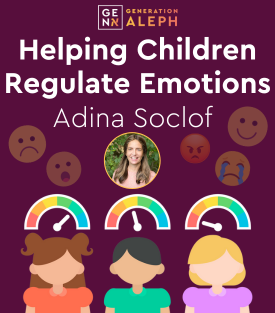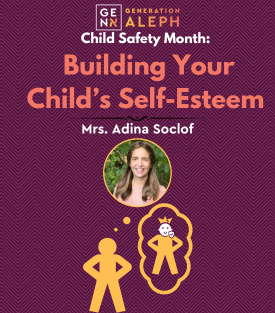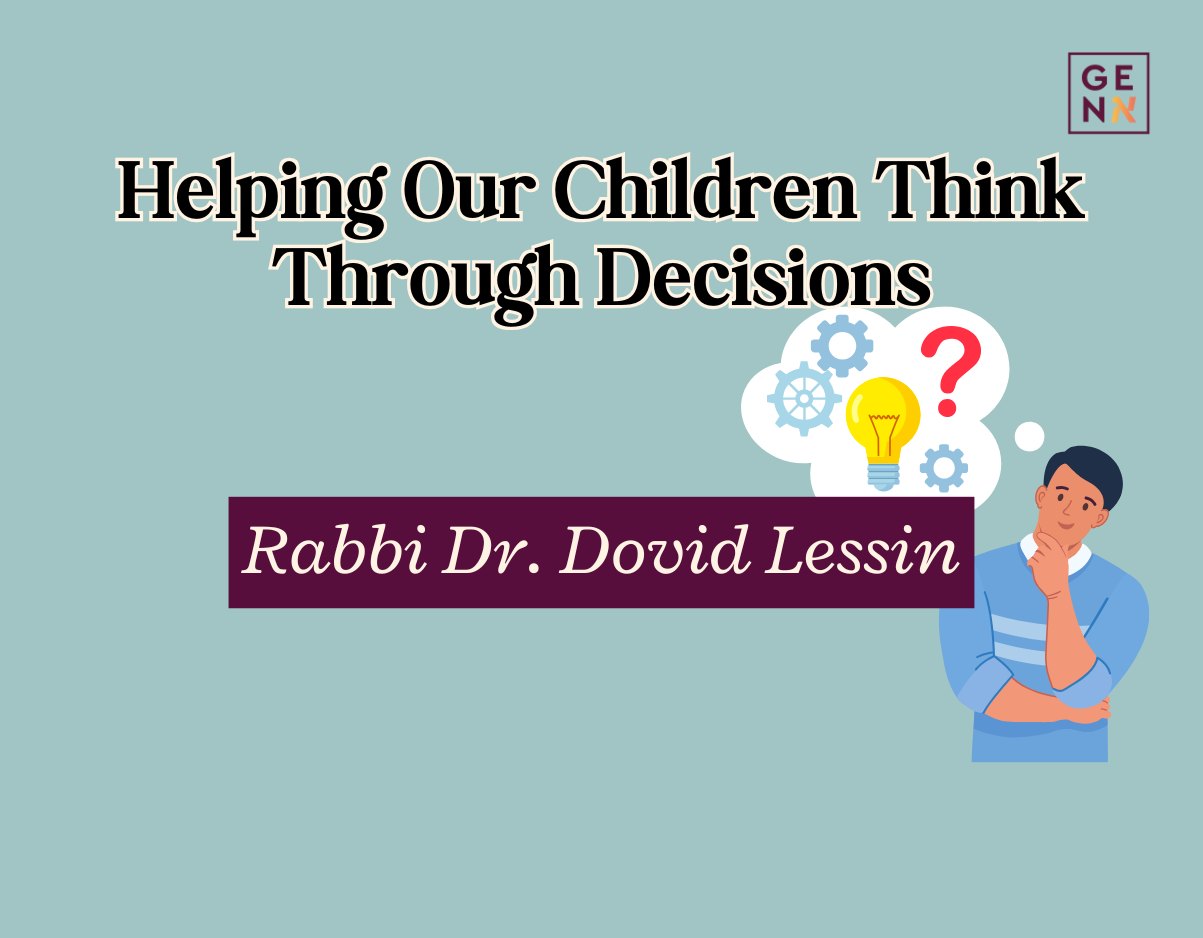One of the most important skills we can give our kids is the ability to think through their decisions. Children are naturally rash, not known for considering consequences before taking action. We see this in our own homes – we routinely watch our kids react in ways that leave us wondering how much forethought, if any, went into the behavior we just observed. We eventually realize that when we ask children why they acted impulsively and they answer, “I don’t know,” they’re probably telling the truth.
But as our young ones enter adolescence, displays of short-sightedness become more worrisome. Teenagers are routinely faced with choices about how to spend their time, who to hang out with, and whether or not to do something dangerous. Many of these decisions are made outside of our purview, and while we may be able to set limits and give advice, our reach is undoubtedly limited. Often we are left with little more than our ruminations over whether we’ve adequately given them the tools to make it out there. As parents of teens, we know the feeling of lying awake at night, hoping that our kids have their heads on straight and praying that they are making good choices.
Thinking things through
To help kids choose well, we must supply them with the capacity to stay with the decision-making process long enough to follow it all the way through. This requires patience, which is hard to come by regardless of age. Yet we know from ourselves that when we take a moment to pause, we have a much better chance of tapping into our Wise Mind, described by Dr. Marsha Linehan as the mental state in which we think in broader terms, consider consequences, and draw upon previous experience to make sound choices.
From the vantage point of Wise Mind, we accompany our logic along its natural path, taking a moment to sit with each decision point until our minds come up with what will probably happen next. When we ask ourselves, “What is the likely outcome of taking this step?” we must also give ourselves time to arrive at the answer. And rest assured, the answer will come. I am routinely amazed at the creative capacity of people whose first response is “I don’t know” but who discover that their thoughts naturally expand to include more options when given the time to sit with themselves. New ideas float to the surface.
We can do this with our children as well. Training our kids to contemplate requires us to slow down, ask curious questions, and give them the space to do the work of thinking. “What do you think will happen if you say that to her?” “How would you feel if he responds that way?” “What will you need to do if that happens?” “Are there any other ways to go about it?” Questions like these cue our children’s minds to stretch – a healthy activity to bolster critical thinking.
Letting kids think
Asking curious questions gets the brain churning, but giving our kids a chance to respond is equally important. Thinking takes time, and as we watch their mental wheels turn, we must wait patiently for whatever they come up with, illogical as it may sound to us. Paradoxically, letting our kids think irrationally at first is how we help them develop sensible judgment. Rabbi Yisrael Salanter (Ohr Yisrael, letter 29) teaches that to hone our analysis, we must allow our reasoning to operate freely. We’ve got to be allowed to make wrong turns, hit dead-ends, and retrace our steps. Eventually, our thinking will self-correct, but the process of getting there is far from a straight line. Quite the opposite – only when we liberate the mind to think without constraint will it eventually arrive at truthful conclusions (This is if we are being honest and not agenda-driven. When the thinking begins with a predetermined outcome, we can contort our logic to arrive at whatever conclusion we want.)
Rabbi Salanter’s teaching is especially pertinent regarding children. Asking our kids what they anticipate will happen does not guarantee they’ll arrive at the answer we hoped for. Rather, it is an invitation to employ their natural capacity to wonder (and it’s amazing what they come up with!). If we jump in with statements about “good” or “bad” thoughts, we are short-circuiting a healthy process of self-discovery that naturally unfolds when we let our kids flex their mental muscles and explore different angles in an unencumbered way. And we ought not to worry – their loose thinking will eventually tighten, and they will have gained the ability to think broadly and the courage to investigate their thoughts.
When we show interest in our children’s thinking (“Wow, how did you come up with that?”), we are sending them a message that their thoughts – and by extension, they – are important to us. A child who feels like their parents want to hear what they think, regardless of how outlandish it sounds, will ultimately learn to value and trust themselves. They will know that their perspective matters and that they can consult their own minds to figure things out. This is the basis of building confidence in our children.
Half a step ahead
So are parents just supposed to be passive listeners? Shouldn’t there be room to point our children in the right direction? Yes, there should be. We are the heads of the steering committee in our kids’ lives (grandparents and older siblings serve vital functions in this regard as well). We’ve already been down the roads our kids are currently traveling, and we know what a good decision would look like in most situations (especially when our kids are little). And indeed, there are many times when we must simply tell our children when a plan of action they’re considering just won’t work.
However, our focus here is when we set out to teach our kids how to ponder a decision and escort them along that journey. To do this, we need to position ourselves a half step ahead of them in the conversation, granting them the space to think while we formulate leading questions that will prompt them to carry their thoughts one step further than they had previously gone. We don’t need to predict what will come out of their mouths but rather to use our wisdom and experience to direct our questions in a way that will force them to consider other viewpoints and lead them to realizations they could not have reached by themselves.
Planting seeds
Helping our kids choose well is tricky work. On the one hand, we want them to speculate freely. On the other hand, we need to gently guide them toward reasonableness. In this way, parenting is the mother of all art forms (pardon the pun), one that we hopefully get better at with time and practice, as we learn to balance giving our kids space and prodding them along.
The good news is that as kids mature, the distance between impulse and action widens, making it easier for them to weigh options and consider different sides. This is where the seeds we planted when they were young hopefully sprout, when they reach a crossroads and don’t know what to do, but realize that they possess a blueprint for how to mull things over and choose to ask themselves, “If I do this, what will happen?” “If I take the other road, where will it likely lead?”
Before we know it, our kids will contemplate career paths, choose where to live, and decide who to marry. Even if we could hold their hands through these delicate deliberations, as young adults, they probably won’t want us to (although helping our kids think through decisions when they’re young makes it much more likely that they’ll want to consult with us when they get older). But hopefully, we will have given them a gift that will accompany them at every stage of their journey: the ability to decide on their own.
Submit your questions
"*" indicates required fields










